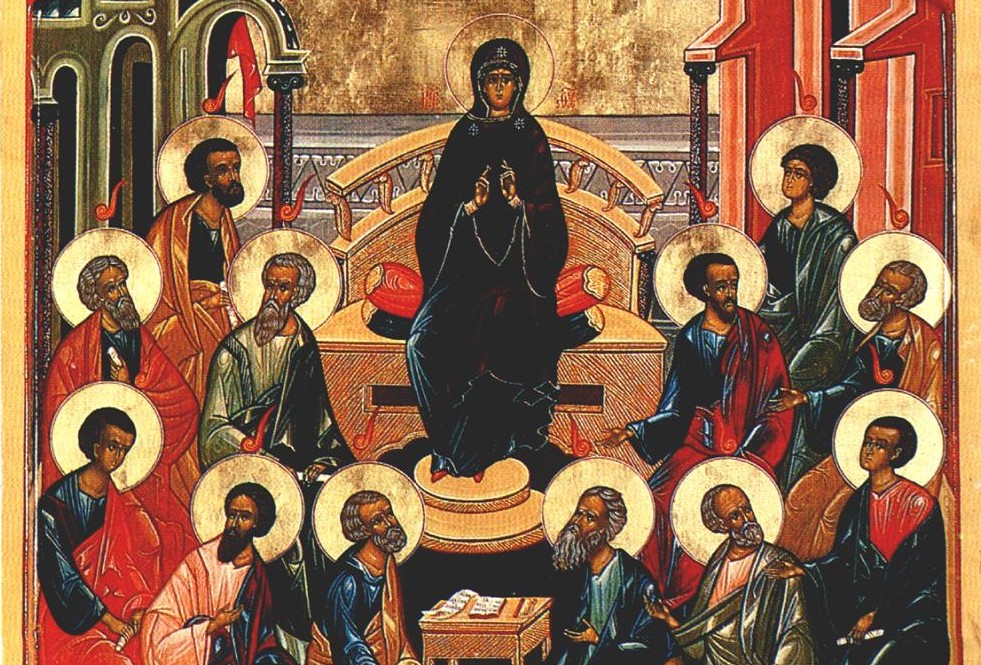The Sacrament of Confirmation
National Liturgical Council

Baptism, Confirmation and Eucharist are the three sacraments of Christian Initiation. By baptism, we are born anew into the family of God, the Church, the Body of Christ. By confirmation, we are strengthened by a special gift of the Holy Spirit and then, the culmination of our belonging to the Church and to Christ is realised in our first communion; sharing in the Eucharist is the repeatable sacrament that becomes the pre-eminent sign of our belonging throughout the rest of our lives.
The first gift of the Holy Spirit comes in baptism, for one is baptised in the name of the Father and of the Son and of the Holy Spirit. Confirmation takes the baptismal conversion a step further. The laying on of hands invokes the Holy Spirit; the anointing with the fragrant oil of Chrism conforms the candidate more fully to Christ (which means ‘the anointed one’). This double aspect is summed up in the sacramental words: Be sealed with the Gift of the Holy Spirit.
The Church has two models of Chistian initiation. The first is infant initiation. A baby is baptised a few months after birth and then, as the period of infancy draws to a close (called the age of discretion – about the seventh year), the child is confirmed and admitted to holy communion. Growth in understanding, commitment and missionary participation in the life of the Church follow after the sacraments are celebrated. Parents and the sponsor help the child to flourish as a member of the Church.
The other model of initiation is catechumenal. This means that an older child, teenager or adult embarks on a journey of discovery and growth in faith. At the end of the process, when readiness is discerned, the sacraments of baptism, confirmation and admission to Eucharist are celebrated together, often at the Easter Vigil.
Pastorally, hybrid models frequently occur. Someone baptised in infancy may come for confirmation later on. In this case, preparation is required before celebrating the sacrament so that the candidate will understand the working of the Holy Spirit in their lives. However, this is not required for confirmation in the model of infant initiation (any more than it is required for a baby’s baptism).
One of the key contributions of confirmation to the process of Christian initiation relates to the bishop who is the ordinary minister of the sacrament. Because he is the pastor of the local Church of the diocese and is in communion with the Bishop of Rome and other bishops around the world, his role in initiation makes it clear that we are initiated into the one, holy, catholic and apostolic Church (and not just into the community of a particular parish).
Confirmation perfects baptismal grace; it is the sacrament which gives the Holy Spirit in order to root us more deeply in [God’s family], incorporate us more firmly into Christ, strengthen our bond with the Church, associate us more closely with her mission, and help us bear witness to the Christian faith in words accompanied by deeds (Catechism of the Catholic Church, 1316).
Image Attribution - Icon of Pentecost
